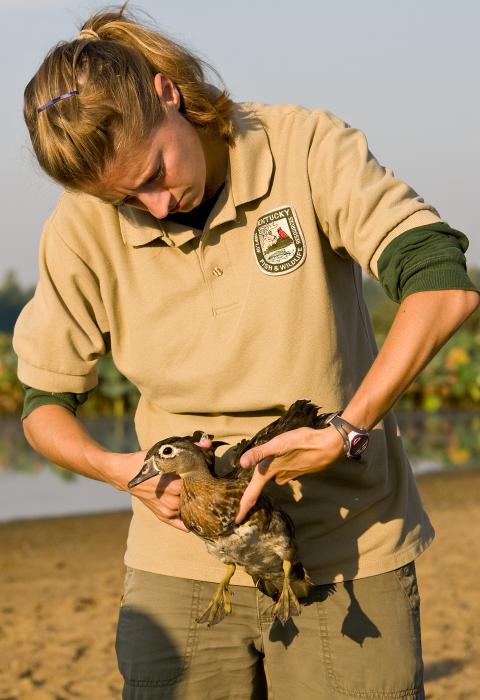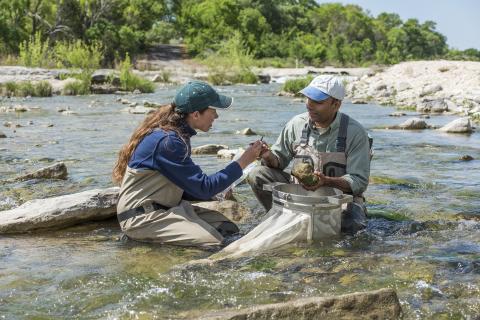The Southeastern Association of Fish and Wildlife Agencies (SEAFWA) is an organization whose members are the state agencies with primary responsibility for the management and protection of the fish and wildlife resources in 15 states and two territories.
Organized March 14, 1938, at a meeting of state officials at Jacksonville, Florida, the Association has played a major role in the evolution of state, regional, and national conservation affairs. Its officers and members have included many of the nation’s conservation leaders.
Objectives
- To protect the right of jurisdiction of the member states over their wildlife resources on public and private lands.
- To carefully scrutinize state and federal wildlife legislation and regulations and to offer support or opposition to legislative proposals or federal regulations in accordance with the best interests of the member states.
- To consult with and make recommendations to the federal wildlife and public land agencies in order that federal management programs and programs involving federal aid to member states shall be so conducted as to be in the best interests of the member states.
- To serve as a clearinghouse for the exchange of ideas concerning wildlife and fisheries management, research techniques, wildlife law enforcement, hunting and outdoor safety, and information and education programs.
What SEAFWA Does
- Participate with the Association of Fish and Wildlife Agencies, other regional associations, other governmental agencies and citizens' organizations in pursuing mutual goals benefiting fish and wildlife resources.
- Maintain a variety of committees consisting of fish and wildlife professionals who explore and analyze a wide range of issues and factors affecting fish and wildlife resources and make recommendations as appropriate.
- Sponsor cooperative fish and wildlife programs among member states and other entities to address issues of mutual interest and to benefit fish and wildlife resources

